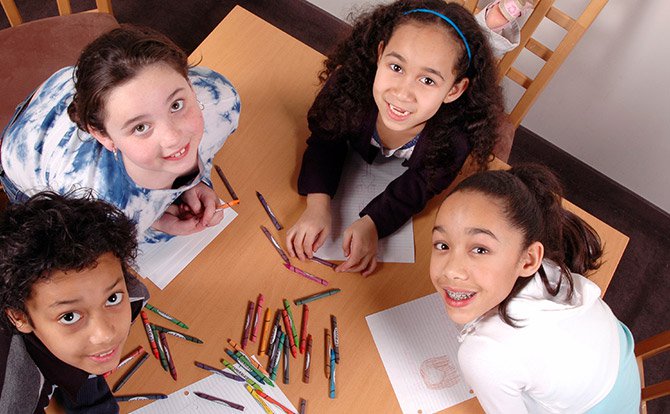As the new Primary Computing curriculum enters its second year, hopefully you’re feeling a little more comfortable with words such as algorithms, decomposition and logic, all elements of computational thinking. It’s likely that you use this language with your class when tinkering in Scratch or programming Beebots, but how about in Maths or even History?
It would be great to see computational thinking terminology used across the primary curriculum and in all subjects. The more we use these words, the more they will become second nature to both teachers and pupils, but how?
Here are some ideas of how you can integrate computational thinking into your everyday teaching. Take the challenge today!
Algorithm
A sequence of instructions or a set of rules to get something done.
This could be the steps for calculating an average in Maths, the stages of an experiment in Science, spelling rules or simply the rules of being a good friend!
Logical reasoning
Using what we know to explain why something happens.
What materials should I use to build my car and why? What do I expect the character to do next in the book we’re reading? Why is my electrical circuit not working?
Decomposition
Breaking down a problem into smaller manageable parts.
We could label the parts of a flowering plant, add detail to a mindmap, or work collaboratively on a project – who will take responsibility for which part of the project?
Patterns
The method of looking for a general approach to a class of problems.
Pupils can explore why some objects float in science, spot patterns in sounds in English and justify their decision for a good place to locate a new town in Geography.
Abstraction
Simplifying things; identifying what is important without worrying too much about the detail.
How about exploring maps in Geography – what information is included? Abstraction can be introduced in literacy when creating a story plan, or identifying important properties of materials in Science.
Evaluation
Making judgements about what to do and what we think based on a range of factors.
Pupils can suggest improvements in their partner’s dance routine in PE, evaluate what went well in their cookery lesson, or simply through using WWW and EBI at the end of a lesson.
For more detailed definitions to find lesson plans for teaching Computer Science at Primary School, check out the free Barefoot Resources here.






